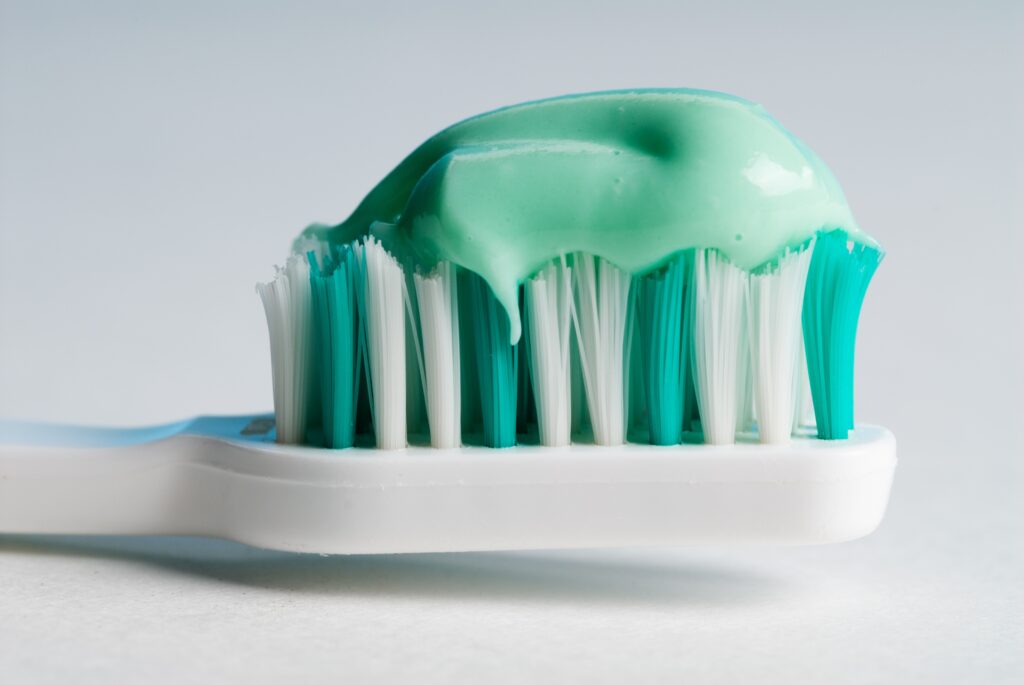Updated: 2/19/2020
New studies show that severe gum disease not only increases the risk for cardiovascular disease and diabetes, it could also lead to anemia.
What is Anemia?
Anemia is a blood disorder often caused by lack of red blood cells or hemoglobin and sometimes iron deficiency. Essentially, it leads to lack of oxygen in the organs, and cells depend on oxygen to function. It can be generally categorized as impaired red blood cell production or blood cell loss. There are many different types of anemia with varying severity, but almost all of them result in fatigue. Diagnosis generally fits into one of two categories:
- Morphologic approach – Anemia is grouped by red blood cell size, and patients get quick, affordable lab tests before beginning treatment.
- Kinetic approach – This method evaluates red blood cell activity (production, loss and destruction). Early focus on production can help the physician determine whether multiple causes are involved.
Link Between Gum Disease and Anemia
Scientists and clinicians know that dental care affects the body’s overall health in very direct ways, and this study only reinforced this fact. Medical News Today explained findings listed in the Journal of Periodontology:
The research… found that over a third of people suffering from severe gum disease had haemoglobin levels below normal concentrations. Following a six month course of treatment to improve their oral health, all patients had improved levels of red blood cells, haemoglobin and all other clinical measures used to assess the health of the blood.
When the gum is diseased, the body produces a chemical in an attempt to counteract the inflammation. Those chemicals can be detrimental to the blood system, including reducing hemoglobin levels. The study also found that proper oral care and treatment of gum disease actually had positive effects on anemia as well.
To learn more about gum disease, check out this article about the types and treatments of periodontal disease.







I never knew there was a link! Very interesting…